The Digitization of the Carceral State: The Troubling Narrative Around Police Usage Of Facial Recognition Technology
The Digitization of the Carceral State: The Troubling Narrative Around Police Usage Of Facial Recognition Technology Sara E. Yates[1]* Print Version: The Digitization of the Carceral State- The Troubling Narrative Around Police Usage Of Facial Recognition Technology The technological veil conceals the reproduction of inequality and enslavement. -Herbert Marcuse[2] This Note applies a racial social […]
